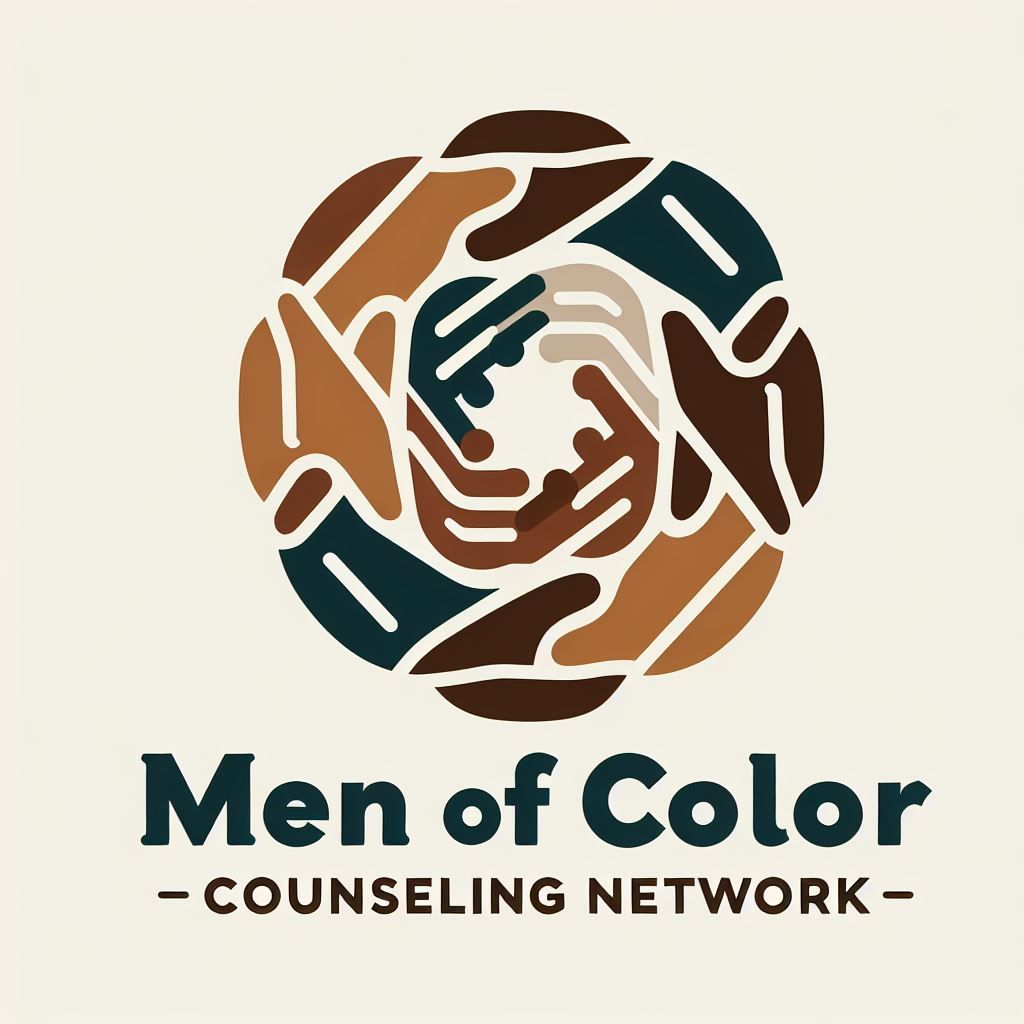Breaking Barriers: The Power of Black and Brown Male Representation in Mental Health and Mentorship
AW

Imagine sitting across from someone who understands your world—not because you’ve explained it, but because they’ve lived it. For Black and Brown men, finding a therapist or mentor who shares their cultural background and experiences can be transformative. These relationships are not just about guidance or healing; they’re about creating spaces where men can redefine strength, thrive in their authenticity, and overcome barriers rooted in shared struggles.
For many Black and Brown men, the idea of seeking help—whether through therapy or mentorship—can feel foreign or even impossible. Pride often stands in the way, but this pride isn’t a flaw; it’s a survival mechanism. Historically, Black and Brown communities have had to rely on resilience to endure systemic racism, discrimination, and cultural pressures. Vulnerability, often perceived as weakness, was a luxury that few could afford. As a result, many men grew up believing that their strength lies in their ability to carry everything alone.
But true strength comes from knowing when to seek support. It’s not about admitting defeat; it’s about saying, “I want better for myself.” Putting pride aside and embracing humility to ask for help is a courageous act. Therapy and mentorship provide opportunities to confront the weight of these experiences and grow beyond them. A therapist who understands the unique challenges faced by Black and Brown men can help unpack generational trauma, systemic barriers, and cultural expectations. They can offer tools to heal and strategies to thrive in a world that often demands more while offering less in return.
Mentors play a complementary role, offering guidance and wisdom gained from their own journeys. Whether it’s navigating a career, building relationships, or finding balance, a mentor provides practical advice and encouragement rooted in shared understanding. For Black and Brown men, mentors often become a living example of what’s possible, breaking stereotypes and offering a vision of success that doesn’t require sacrificing identity.
The intersection of therapy and mentorship is especially powerful. Therapy helps Black and Brown men process the mental and emotional toll of systemic inequities, while mentorship focuses on applying those lessons in real-world situations. Together, they provide a roadmap for personal growth. A mentor might suggest seeking therapy to tackle deeper struggles, and a therapist might encourage finding a mentor to gain practical insight and support. This dynamic creates a holistic approach that addresses both internal challenges and external barriers, allowing men to thrive emotionally, professionally, and personally.
For many Black and Brown men, asking for help feels like a challenge to their identity. They’ve been taught to endure in silence, to be the backbone for their families and communities without ever showing cracks. But seeking therapy or mentorship is not about breaking down—it’s about building up. It’s about letting go of the idea that you have to carry everything alone and embracing the power of connection and support.
Who’s in your corner? Who are you learning from, and who are you mentoring? Asking for help, whether through therapy or mentorship, is not a weakness—it’s a declaration of strength and a commitment to growth. If you’re in a position to mentor, step up and share your story. Be the guide you wish you had. If you’re seeking support, know that it’s okay to ask for help. Together, we can create a culture where Black and Brown men feel seen, supported, and empowered to thrive.
Representation matters. Support matters.
